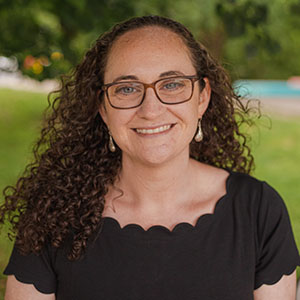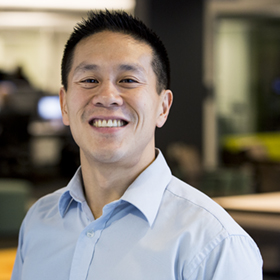Executive Summary
Global organizations are increasingly engaging in difficult conversations about shifting power and resourcing from capital-rich places like New York or London to local organizations and people, who hold a wealth of lived experience and cultural knowledge, along with deep relationships in communities. Some call this shift “localization.” Others view it as “decolonizing” development. At the core, this is about yielding power to communities. And most agree that change, whatever it is called, has a long way to go.
Those who recognize the need for change have more questions than answers. A growing number have come to The Bridgespan Group in search of practical advice about re-examining their cross-country operating models. Hence, we initiated a research project to better understand how global organizations have taken steps to shift power and decision making and what they are learning. All reflected on the complex nature of the problem and expressed they were on a long journey with a lot more hard work ahead of them. We spoke with more than 70 individuals at 35 organizations, some large and well-established with operations in multiple countries, and others relatively new with smaller footprints. Most, but not all, have their origins in the Global North.
Top of mind for many organizations was a fundamental—even existential—question about why they even have a global strategy. What is the value of operating across geographies? Could they accomplish more by elevating other actors already on the scene rather than doing the work themselves? Do they risk unintended harm by competing with local organizations for talent and financial resources?
By affirming their commitment to global operations, funders and global nonprofits face another set of complicated questions, such as: What’s the right balance of power between headquarters and the organizations delivering services? How are resources allocated? Who makes those decisions? How can local voices be brought into decision making? How are salaries set for local organizations? These are the kinds of questions about an organization’s global operating model that individually and collectively can either advance or hinder equity.
For organizations that are truly serious about advancing equity in their global operating models, answering questions like these does not lead just to box-ticking exercises. Rather, it is part of an authentic desire to change, informed by deep reflection on the organization’s legacy and what values will guide it moving forward. There is an openness to listening, learning, and making radical changes, including those prioritized by local voices. It will make some leaders uncomfortable.
From our interviews, we distilled five trends in practice that attempt to address these issues around power, resources, and equity. We describe each by drawing on the experiences of more than a dozen nonprofits and funders:
- Redefine the role of the “center” to shift power to local teams
- Move central roles closer to the work
- Elevate local voices in decision making
- Invest in global and local equity capabilities
- Build equitable employee experiences
Most of the organizations we cite are early in their transformational journeys and have not yet been able to assess the impact of changes for local communities or on their organizations. The sector remains in learning mode, trying to understand whether changes in global organizations can achieve desired outcomes.
Along the way, we heard feedback on the potential harm of highlighting the efforts of global organizations to shift their practices. The concern centered on taking attention away from the need to fund local organizations and leaders. Ultimately, we decided to publish this report because we believe both pathways to improvement are important—that significantly more funding should flow to local organizations and that global organizations should revisit their strategies and shift how they operate.
Every organization going through such a journey will grapple with what it means for them. Our hope is that this report helps global organizations take substantive steps that shift power and center equity on the long journey toward true transformation.







